Thanks to their dedication, more women and girls have access to safe abortion and contraception
Abortion is legal in India, but that doesn’t mean women and girls can easily access a safe abortion when they need one. In this sprawling country of more than one billion people, unsafe abortion is still far more common than safe, legal procedures.
That’s why these five women are motivated to make a difference. With support from the Ipas Development Foundation,* they’re providing safe abortion and contraceptive care, training more health professionals to provide such care, and helping ensure young women know how to access safe services when needed. Proud they are able to help women and girls safely make their own reproductive health choices, these leaders also say they’ve benefitted from the knowledge and experience gained.
*Ipas works in India in partnership with the Ipas Development Foundation,operating a program that covers 14 states.
Dr. Sangeeta Patidar
Gynecologist
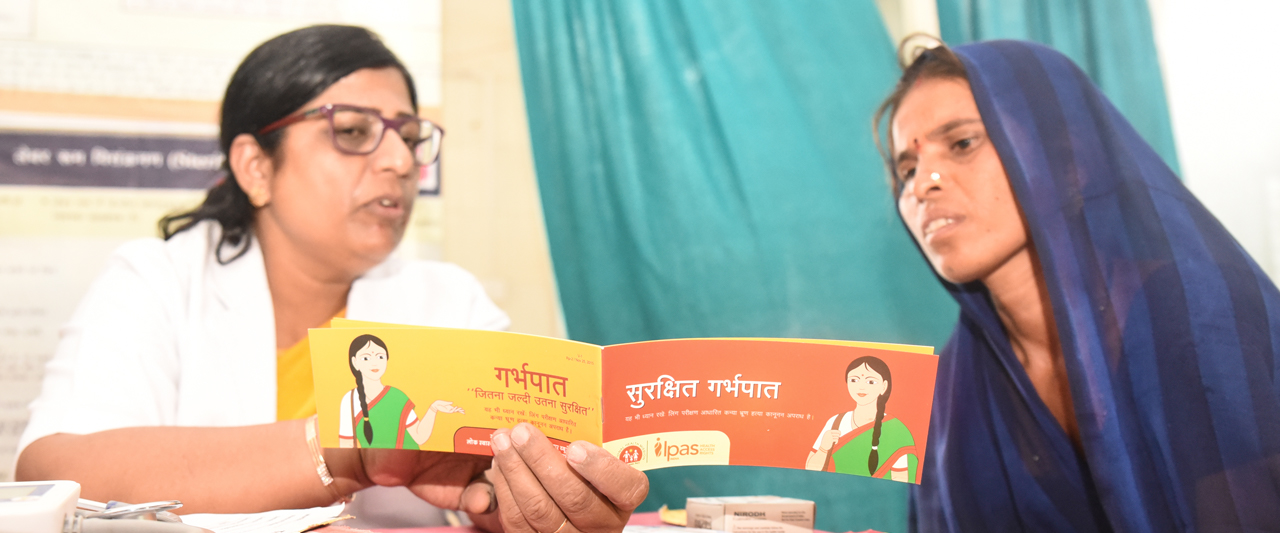
© Ipas Development Foundation (IDF)
As a doctor working within India’s vast public health system, Dr. Patidar provides comprehensive abortion and contraceptive care at a public health facility in Madhya Pradesh. She received training from Ipas Development Foundation to be able to offer this care.
“Providing this service is easy and can help many women. I am able to help women who come to me with a problem.They come under pressure and worries, and after I provide them with quality [abortion and contraceptive] services, they return happily.”
Tabassum Khatun
Nurse trainer and Ipas Development Foundation consultant
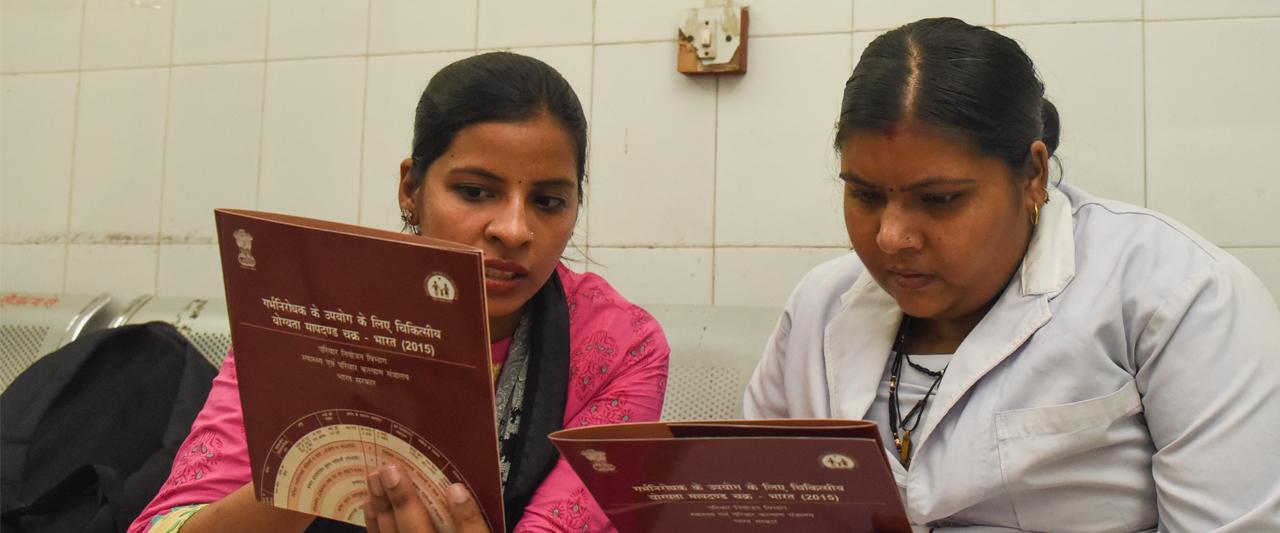
© Ipas Development Foundation (IDF)
Since 2017, Khatun has been working with Ipas Development Foundation on a comprehensive contraceptive care project in Madhya Pradesh. As a member of a mobile training team, she plays a vital role training doctors and other health providers on contraceptive care, with a focus on long-acting reversible contraceptive methods.
“I feel proud when I see trained and technically competent health service providers. It is a very proud moment for me when health service providers start performing well and [women] receive high-quality services.”
Seema Gagrai
Youth leader on sexual and reproductive health and rights
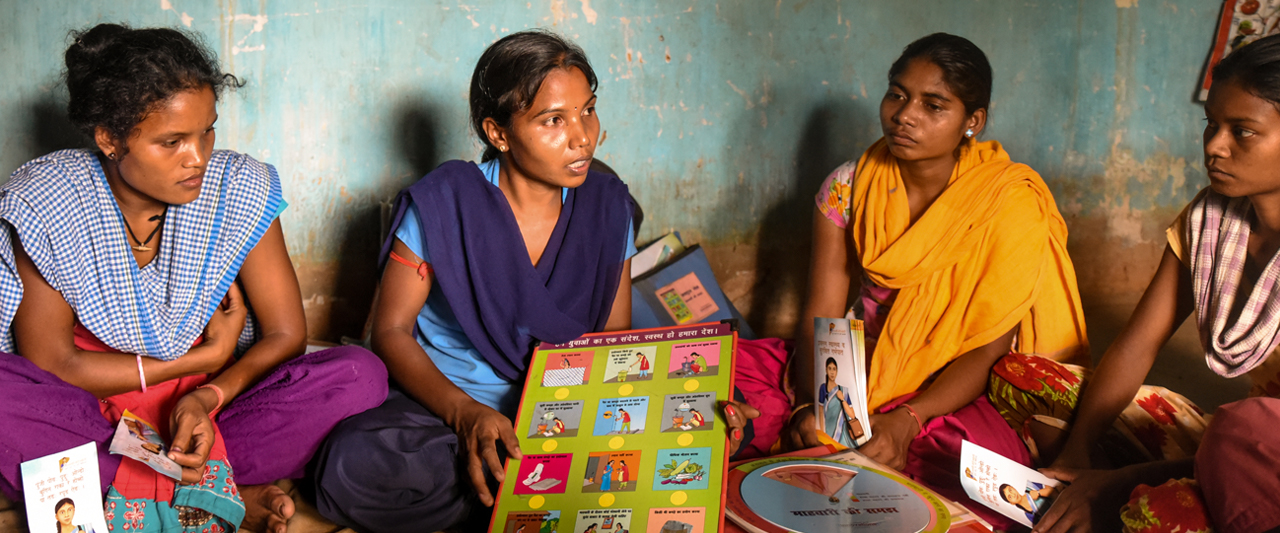
© Ipas Development Foundation (IDF)
Working with one of Ipas Development Foundation’s partner organizations, youth leader Seema Gagrai has provided information on sexual and reproductive health and safe abortion care to rural young women—both married and unmarried—living in villages in Jharkhand.
“The project helped me gain knowledge for my own betterment and enabled me to help other young women of my age. I feel proud that I am able to provide knowledge to other young women and help them in their need.”
Yashoda Pramanik
Youth leader on sexual and reproductive health and rights
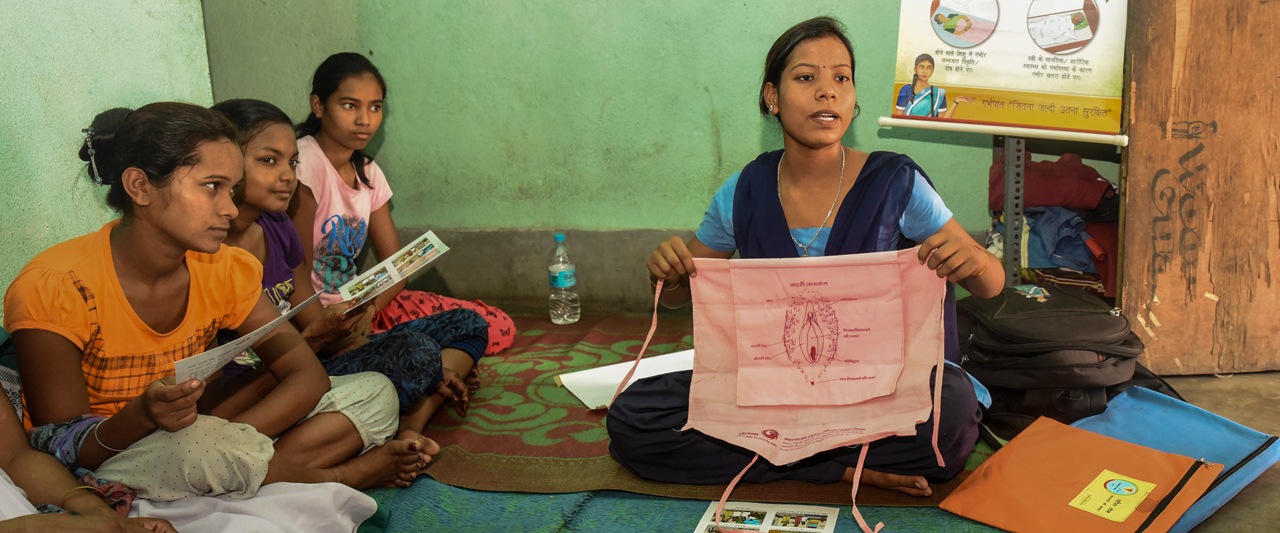
© Ipas Development Foundation (IDF)
Working on the same project as Seema Gagrai (above), youth leader Yashoda Pramanik identified young women living in rural villages whom she could visit and provide information to regarding sexual and reproductive health and safe abortion care.
“I enjoyed conducting small group interpersonal sessions with young women. Earlier I didn’t have correct knowledge of sexual and reproductive health and rights and comprehensive abortion care and used to face many problems due to lack of knowledge—and many other young women of my age faced similar situations. After joining [this project] as a youth leader, I not only learned about sexual and reproductive health and [safe abortion], but also helped other young women in my area.”
Mariam Purty
Youth project supervisor
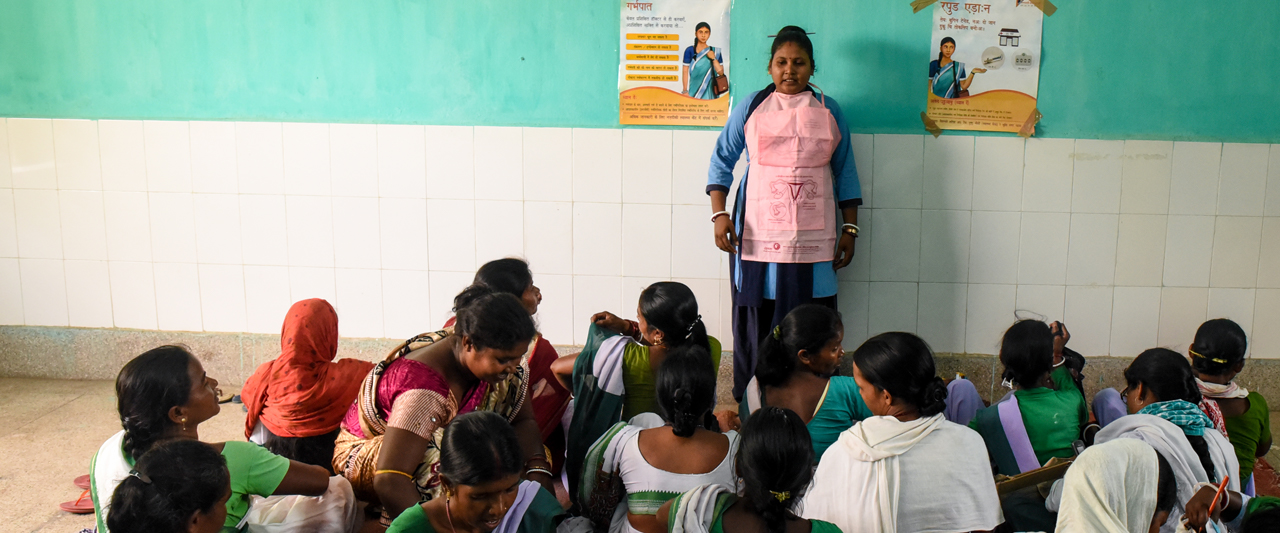
© Ipas Development Foundation (IDF)
Working with one of Ipas Development Foundation’s partner organizations, Mariam Purty supervised youth leaders responsible for educating rural young women on sexual and reproductive health and safe abortion. Purty helped strengthen youth leaders’ knowledge of these health topics and supported them as they went about identifying groups of young women in rural villages and conducting education sessions.
“[My favorite part of this work was the] discussions with young women on [sexual and reproductive health] issues and helping them to access health services. Before joining the program, I did not have much knowledge on these issues, but now not only have I improved my knowledge but also helped others.”
For more information, contact [email protected]


